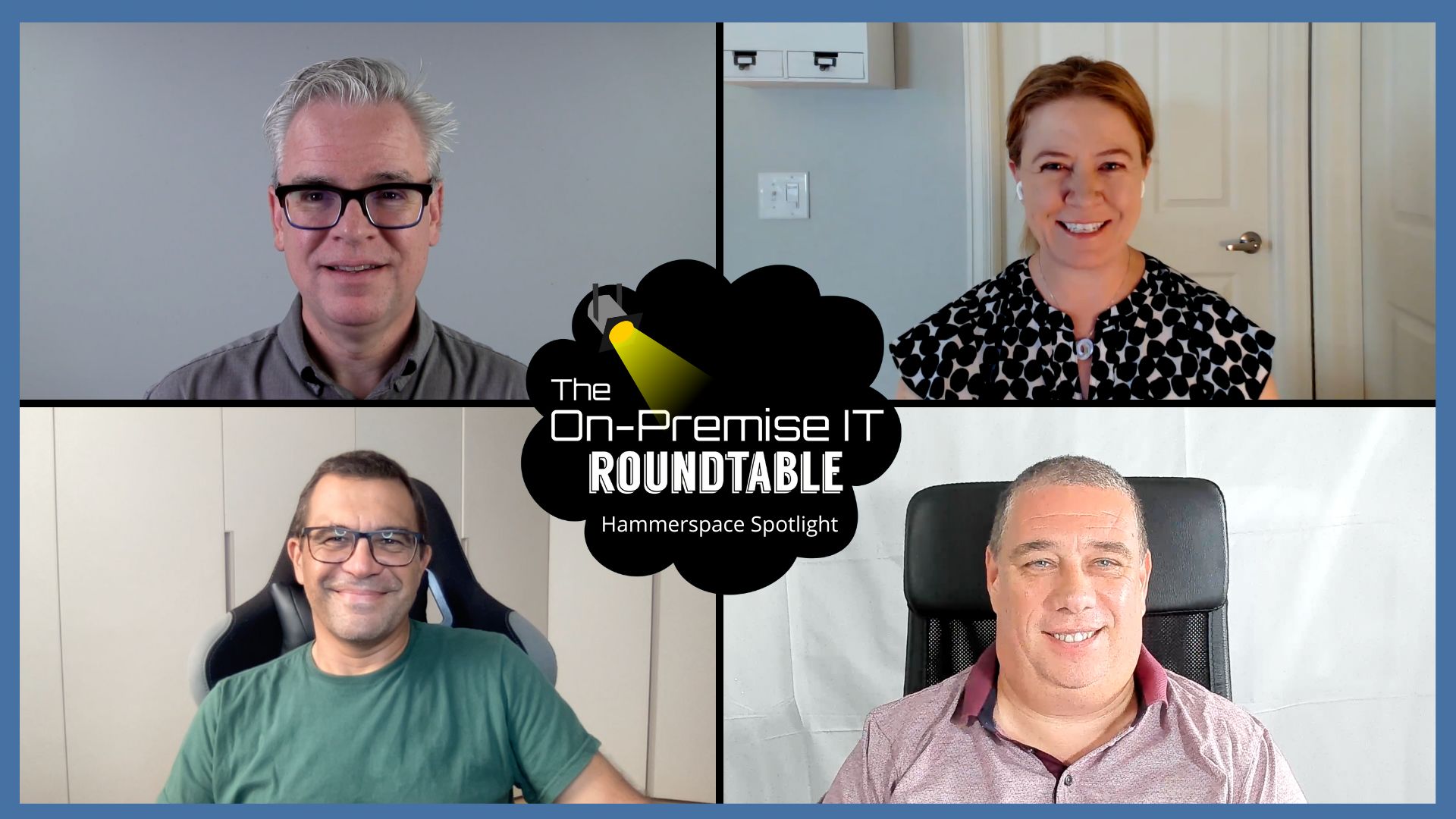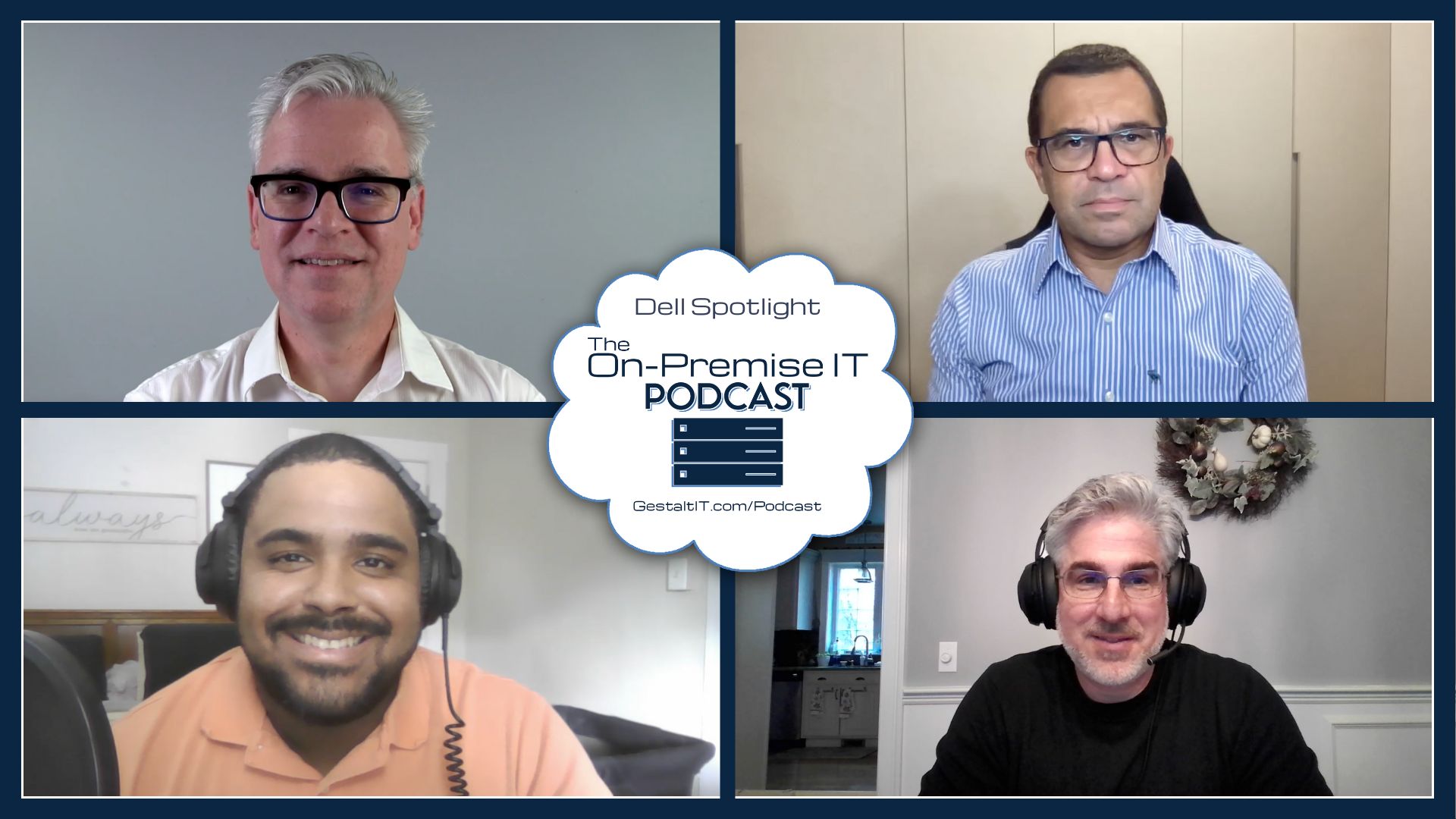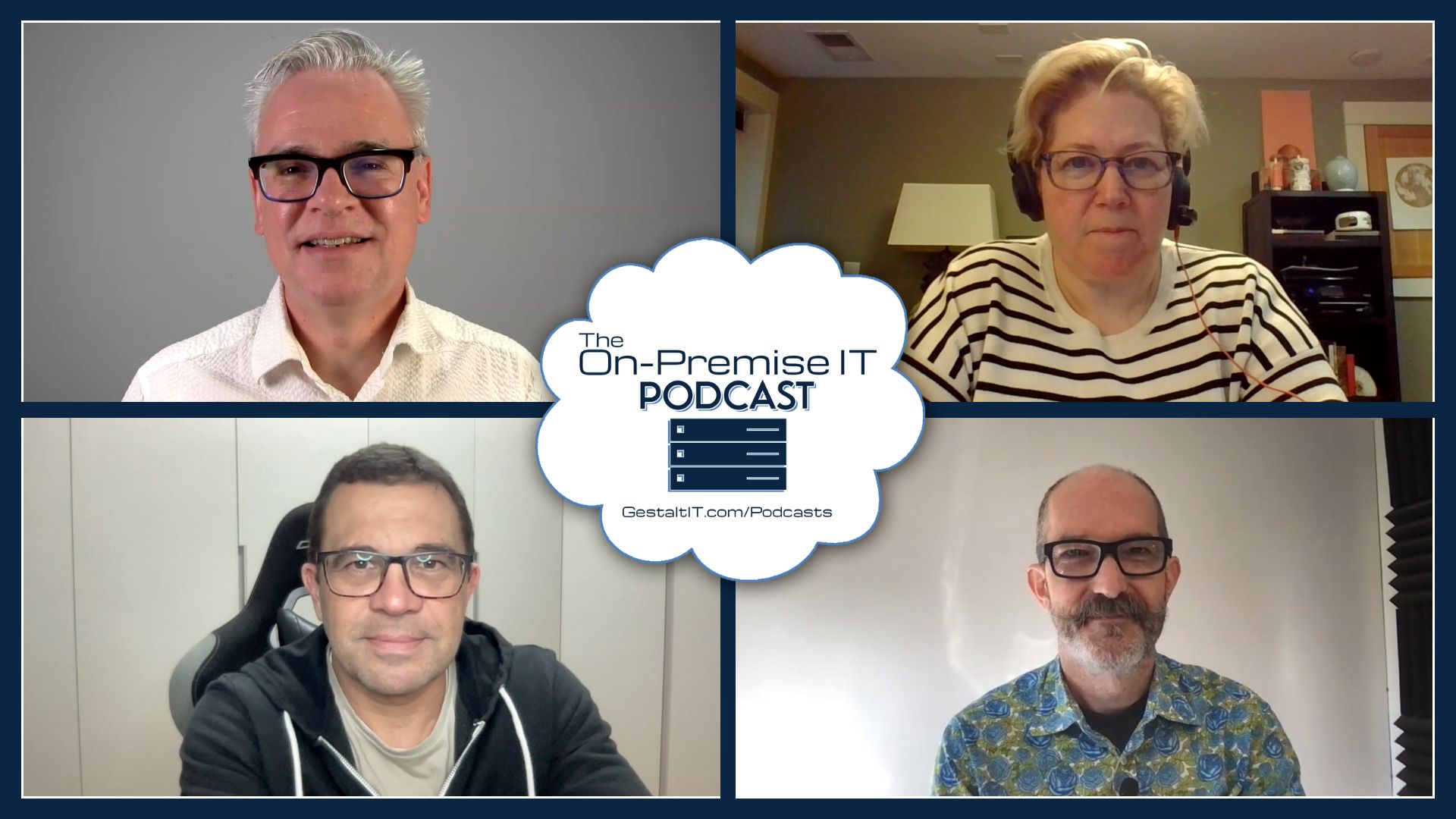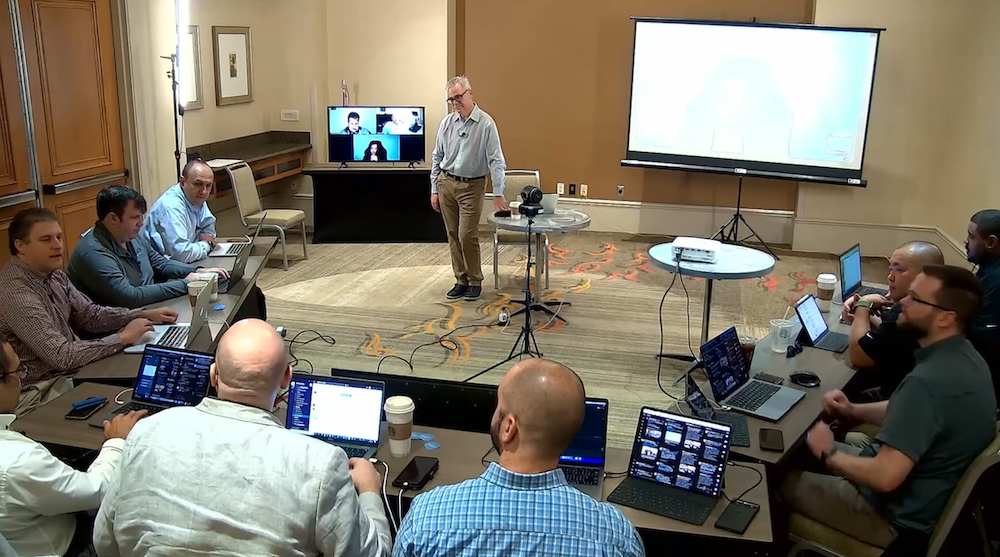 Enrico Signoretti is the Head of Product Strategy at OpenIO.
Enrico Signoretti is the Head of Product Strategy at OpenIO.
You can follow Enrico on LinkedIn, Twitter, and his blog.
What’s your IT origin story?
I started studying computer science very early, in high school (it was early for the ’80s at least). Then I dropped university because I was already running my first venture in IT.
How long have you been in the field?
It’s a long time now. I’m 45 years old and I started with a summer job when I was 16 ( C programming and SysAdmin), my boss gave me access to an Apollo workstation, on which I started to learn Unix!
What’s been the biggest change in IT since you started your career?
I can call my career very evolutionary. I tried many things, from software development up to running my own business (a small system integrator, but with a very skilled team of professionals and large projects all around Italy).After that experience, becoming an independent blogger/analyst really changed my working life for the better. I had the chance to meet and work with great people in a sort of continuous learning experience. This is why, one year ago, I decided to change again and join a startup. It’s a very challenging experience which is helping me to grow personally and understand better other aspects of the IT world.
Current worst trend in IT?
Throwing “digital transformation” and “industry 4.0” in any IT/business discussion. I’ll be frank here, I’m not even sure what they really mean.
Current best trend in IT?
End users are finally realizing that they have to evolve or die. No matter if customers are looking at cloud solutions, scale-out one-premises architectures, new tools or whatever. They are finally understanding that IT is in a continuous evolution because the number of challenges is growing quickly. Do you remember when people used to say “you’ll never get fired if you choose IBM”… well, it is quite the contrary now.
How do you approach organization at work?
I still start with a to-do list on a piece of paper. It helps me to focus on splitting problems in small pieces and assign priorities.
 What are your must use apps?
What are your must use apps?
OK Google! I love to offload everything I can to assistants, I’m lazy after all.
What’s your ideal workspace?
I work at home, when not traveling. With all the devices and mobility we have now, I do not think about the workspace anymore, it is more the work time optimization that is really important. In fact, I really like the flexibility of my work time but I’m still looking for the ultimate device to use when I travel (next year with foldable phone-sized devices??!).
Book recommendations for other IT pros (besides The Phoenix Project?).
I do not read books for work anymore. Google, videos, interactive courses and all the rest of the content available make books a slow learning method (especially paper ones). In the past I was an avid reader though and it is incredible how many books written in the ’80s are still relevant in terms of basic concepts and how things work. At the end of the day we are still in the 0/1 world and, even though the computers we are using today are amazing compared to what we had in the past, the basic concepts are still the same!
My personal interests are now focused on quantum computing, AI/ML and AR. I try to read as much as I can about them but it is very hard to keep the pace though .
 What are you reading now?
What are you reading now?
I’m an avid SCI-FI reader. Philip K. Dick will always be the best but also (John) Scalzi and (Neal) Stephenson are on top of my list. Recently I discovered Ernest Cline because the upcoming movie, I really enjoyed Ready Player One and was nice to compare it with other dystopian VR futures.
I’m currently reading the 7th book of The Expanse series, but I’m not sure I’d suggest it… the beginning is not on par with the others.
 First computer you owned.
First computer you owned.
My first computer was a Commodore 64. I started using it by copying code from magazines (and I mean literally copying, line by line, manually!). Then I started learning BASIC for real with courses. It was an amazing time, with cassettes first and the floppy drive later.
What do you do when you’re not working in IT?
My general rule is that everything close to family and sea works for me! When I was younger I spent a lot of my free time on computers too but a few years ago I built my own sailing boat and now I prefer to sail every time I can. Last year I also started doing kitesurf, pure adrenaline and sense of freedom… I do it any time I can! And I have to say that I’m very lucky that my family shares the same interests.
How do you caffeine?
This is my weak spot! When it comes to sugar and caffeine you can easily buy me with artisanal gelato or dark chocolate… if they come together it is even better.
Who do you want to see answer these questions?
Startup founders.
Best career advice you’ve received
I have received a lot of good advice indeed, but I think two of them are always to be kept in mind:
- FUD never pays off in IT. You have always to be honest with yourself and your interlocutor and concentrate on your product/solution. Also because your information could be wrong or outdated. At the end of the day credibility is very important in any business situation.
- The second one works also outside IT, if you don’t know something it is better to say it immediately, and take some time to find the correct answer/solution. You can’t know everything, and I think that admitting it is a good sign of professionalism. Isn’t it? (Editor’s Note: It is)




